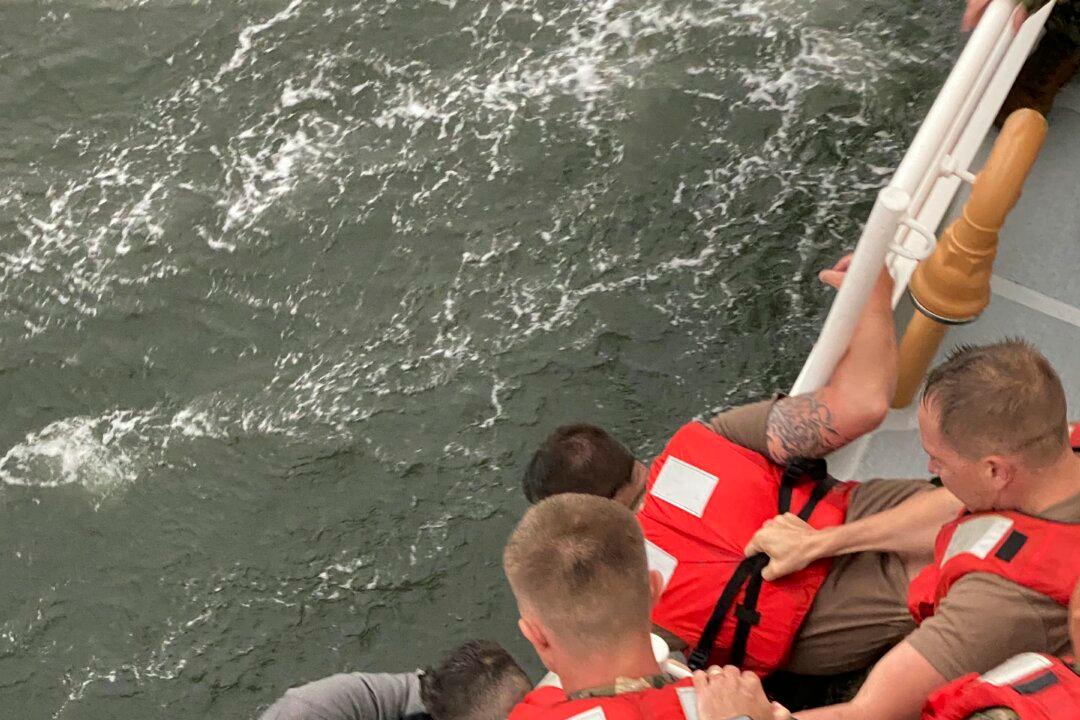Commentary

U.S. Army soldiers stand outside their armored vehicle on a joint base shared with the Iraqi army, south of Mosul, Iraq, on Feb. 23, 2017. Khalid Mohammed/AP
K.C. Aud has made a career of being lucky and has managed to find something positive in nearly every poor decision he’s ever made, even if is only a new perspective on how not to do something. Enlisting in the U.S. Coast Guard in 2010, he became an operations specialist (radio and navigation) and did his first tour in Georgia, guarding submarines from drunk fishermen. In 2014, tired of the heat and the bugs, he transferred to a 210-foot medium endurance cutter in Washington state. The cutter then regularly deployed to the hot and buggy west coast of Central America to hunt down drug runners. Aboard the U.S. Coast Guard cutter Active he traveled 94,194 miles and personally handled enough cocaine to keep a small country high for a decade. Somewhere in there, he learned to write, if not spell. Three years later, daunted by the prospect of spending the rest of his career in a windowless command center, he separated from active duty. After 13 different jobs ranging from beer brewer to dairy farmhand to machinist to Navy civilian contractor, he reenlisted in 2020 as a Coast Guard reservist, changing rates to maritime law enforcement specialist. When not helping the Navy assets in the Puget Sound troubleshoot radios, he’s on drill in Seattle doing water cop stuff and or flailing away at his keyboard. Though married and now a father, he misses the mission.
Author’s Selected Articles



